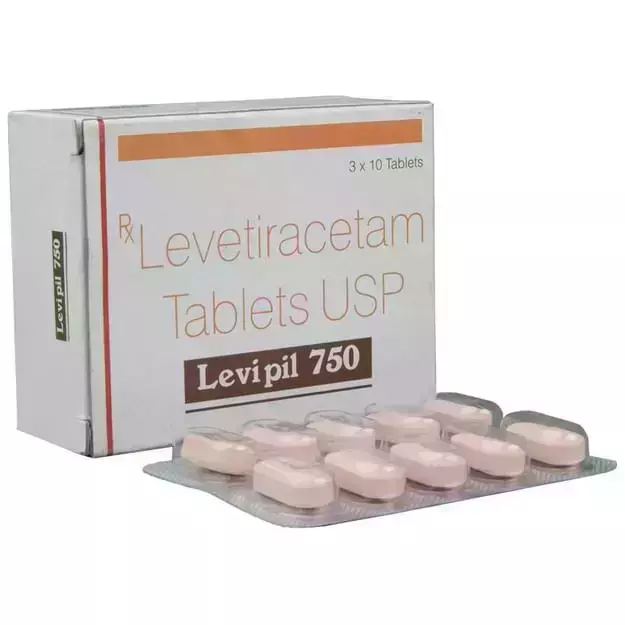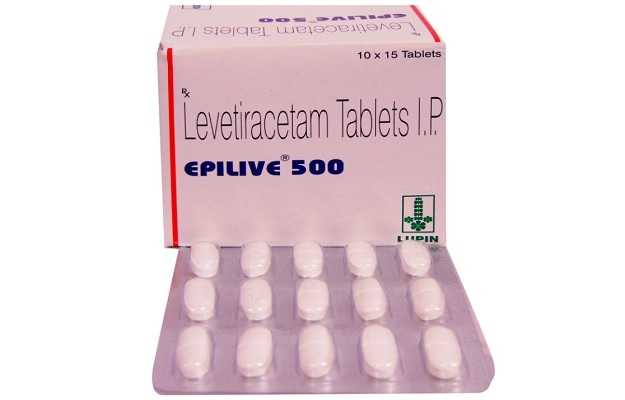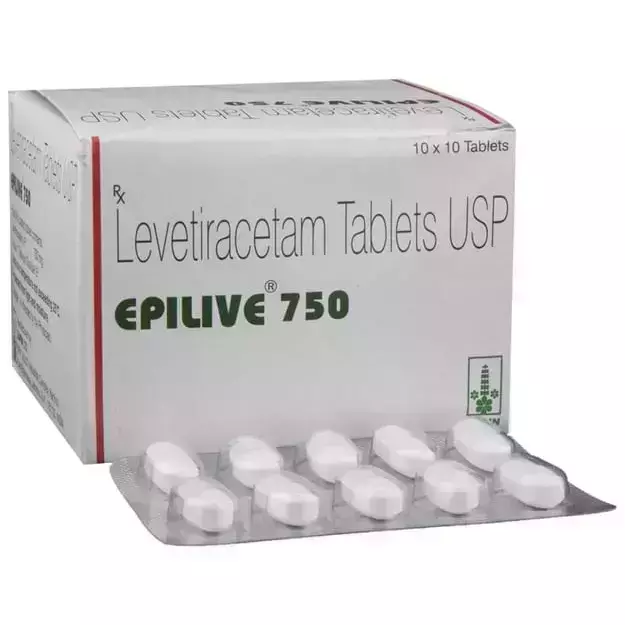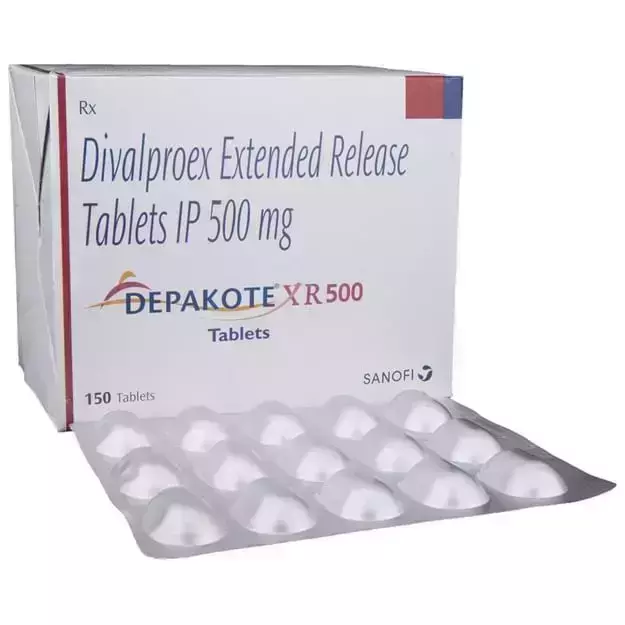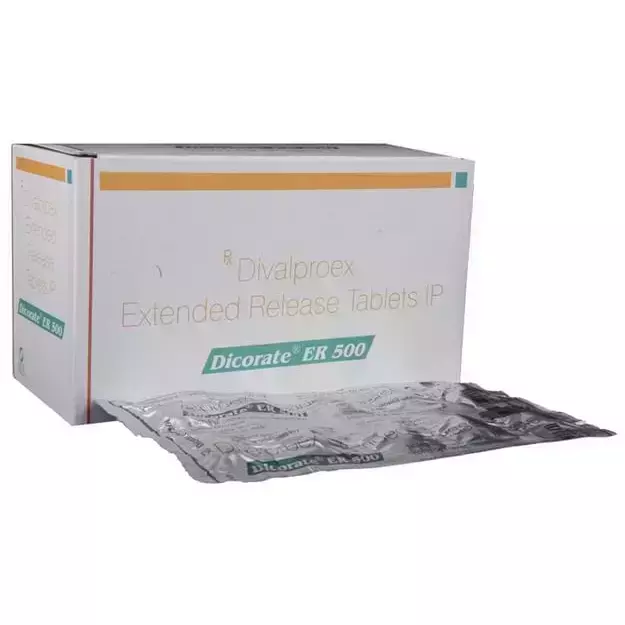Levesam 250 Tablet (15) is a commercial drug that is prescribed in the form of Tablet. Primarily, it is used for the treatment of Epilepsy. Levesam 250 Tablet (15) also has some secondary and off-label uses. These are listed below.
The correct dosage of Levesam 250 Tablet (15) depends on the patient's age, gender, and medical history. Individual symptoms and route of administration also determines the right dosage. This information has been provided in detail in the dosage section.
Common side effects of Levesam 250 Tablet (15) include Fatigue, Headache, Drowsiness. Some other side effects of Levesam 250 Tablet (15) have been listed ahead. These side effects of Levesam 250 Tablet (15) are usually temporary and subside with the completion of treatment. If, however, they worsen or do not go away, please speak with your physician.
Furthermore, you should know that effect of Levesam 250 Tablet (15) is Moderate for pregnant women and Mild for women who are breastfeeding. It is important to know if Levesam 250 Tablet (15) has any effect on the kidney, liver and heart. Information on such adverse effects, if any, has been given in the Levesam 250 Tablet (15) related warnings section.
The section on Levesam 250 Tablet (15) contraindications lists all such conditions.
Besides this, Levesam 250 Tablet (15) may also have severe interaction with some medicines. See below for a complete list.
In addition to the above precautions for Levesam 250 Tablet (15), it is important to know that it is not safe while driving, and is not habit-forming.
X










